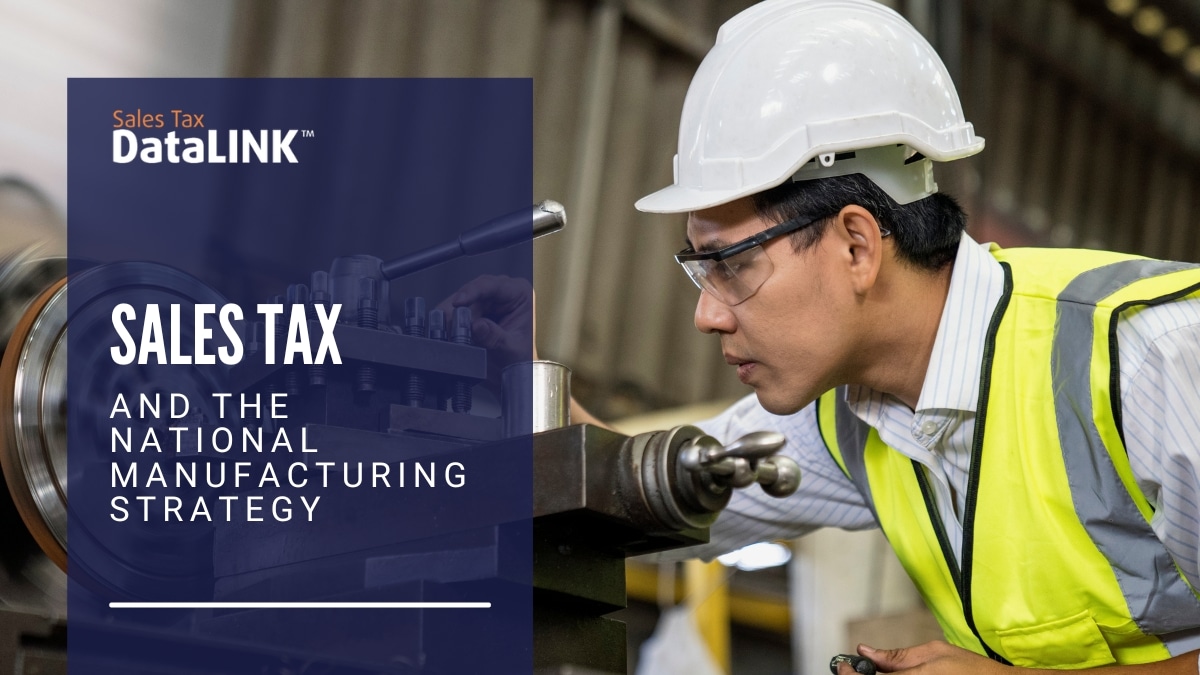There has been a lot of talk about bringing manufacturing jobs back to the United States. One of the most common tactics is the tax cut. In 2017, corporate taxes were cut from 35% to 21%. Did that make a difference for manufacturing — and in particular for manufacturing jobs in the United States? Industry Week says no. So maybe sales tax breaks would be a better choice.
The Industry Week analysis found a 2% growth in manufacturing jobs since the 2017 tax cut. However, manufacturing employment as a percentage of overall employment has fallen by more than 2%, continuing a slide that began in the 2008 recession. Manufacturing output as a percentage of GDP has also fallen after a brief uptick in 2018.
And these figures are from before the pandemic. 2020 numbers are likely to be worse.
Why didn’t the cuts in corporate tax rates benefit manufacturing?
One possibility is that they benefited big corporations more than the small to medium businesses that actually drive job growth every year.
Another is that they weren’t tied to jobs or even to restoring, so the large corporations that got the benefit continued to provide jobs in other countries, not in the United States. In fact, according to Industry Week, much of the tax savings were spent on stock buybacks, which benefitted the multinational corporations without leading to economic growth, jobs, or any other benefits for the nation as a whole.
But economists also point out that plenty of manufacturers don’t pay much corporate tax anyway. Between local tax breaks, washing profits through low tax rate areas, and skillful accounting, most profitable multinational companies pay very little in corporate income tax. Start-ups often pay nothing at all.
Sales tax savings
Sales taxes collected and remitted are just passed through a company and don’t add to the cost of doing business (except in accounting costs) so they’re not often thought of in considering tax breaks.
For manufacturers, though, exemptions on the sales tax they pay for manufacturing equipment can be significant. Since sales tax regulations change frequently and vary from one jurisdiction to another, it’s easy to overpay by missing exemptions.
You probably know that you don’t have to pay sales and use tax on factory machinery. But you might not realize that materials you buy for repairs for the machinery, upkeep, and even safety compliance can also be exempt from sales tax.
Plenty of manufacturers overpay in these areas, and many jurisdictions miss out on opportunities to reward manufacturers for building or expanding in their towns. States and municipalities could woo companies by defining manufacturing more flexibly than neighboring states. Sales tax holidays for new businesses could encourage them to source their vendors locally. A national sales tax exemption for research and development materials for manufacturers could incentivize innovation.
Get ready before you file for a sales tax refund
Whether governments take advantage of this policy opportunity or not, your company might benefit from filing for a sales tax refund if you have overpaid because you missed an exemption.
However, you should know that such a filing can trigger an audit, especially now that many states are feeling the pinch of COVID-19 restrictions. Sales Tax DataLINK sales calculation solutions are unique (and patented) in their level of accuracy. Use our software or complete sales tax compliance services to make sure you have all your sales tax ducks in a row before you take this step.
If you haven’t used Sales Tax DataLINK
Try Sales Tax DataLINK. We’re affordable and accurate, and we have American CPAs on hand who will help you any time you need support. Call 479-715-4275 and let us impress you.




